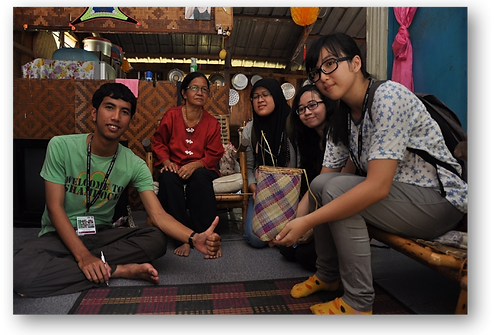SOCIAL ENTERPRISE FOR ECONOMIC DEVELOPMENT [SEED]
Objectives
The Social Enterprise for Economic Development program (SEED) was designed as a socially responsible program using experiential learning to teach international management through social entrepreneurship, so that students could “learn to learn” quickly across cultures by adjusting and working effectively in a foreign cultural environment. This is extremely important given the rapid rate of globalization and the high rates of expatriate executive failures in the world today.
Students sharpen their intercultural, interpersonal and team-building skills as each team (normally of 5-8 students) learns to empathize with villagers, so as to perceive and explain things from the villagers’ perspective, in order to creatively overcome the villagers’ objections and solve their problems, as they work together to develop a viable business plan (which must be agreed upon and approved by the villagers) for the villagers to implement.
Students of different cultural backgrounds are grouped to create diverse intercultural teams to work together at the village. They have to be immersed in the village, survey the people and the immediate area of the village, as well as the businesses in the larger area, including nearby villages and towns, and carry out qualitative interviews, in order to understand the villagers and their business contexts. In this interactive process, students challenge and change the villagers’ mindset which was constrained by poverty’s “culture of helplessness and hopelessness” to also become creative (innovative) problem solvers in their daily lives (to work towards a better future for themselves and their children), following the example of the students (transformational leadership). Students practice entrepreneurship by “identifying and seizing business opportunities” for the villagers based on resources which are available to the villagers through the business plan.
Students and facilitators spent 8-12 days at the village in each SEED to work selflessly and exclusively for the good of the villagers. Post-SEED follow-up by the local university would continue to support these village entrepreneurs. This is necessary to support the villagers with the necessary knowledge and encouragement as they embark on their enterprise, given the fact that the villagers’ who have little formal education and knowledge of business may be provided with the necessary knowledge and skills over the course of development of their businesses, and also the fact that they may meet with difficulties and set-backs, and be discouraged in this process of business development.


